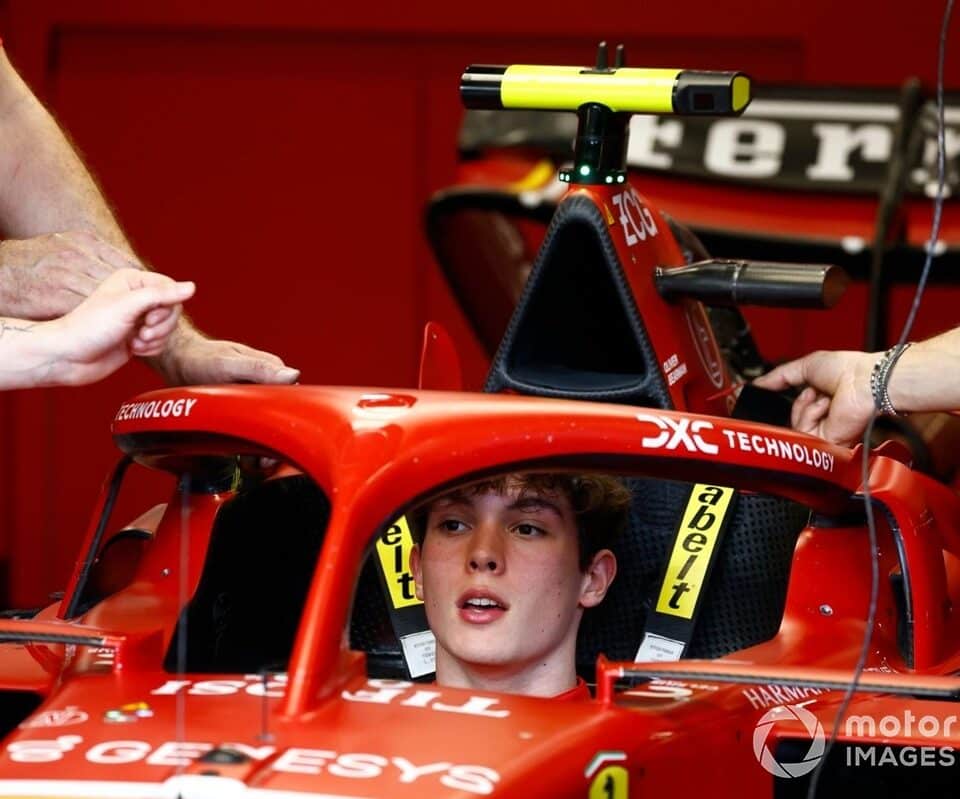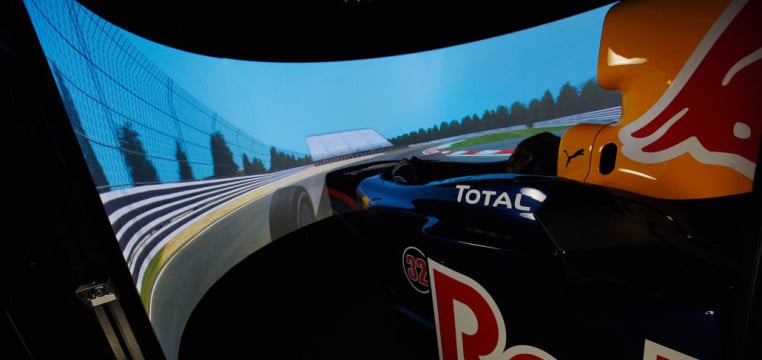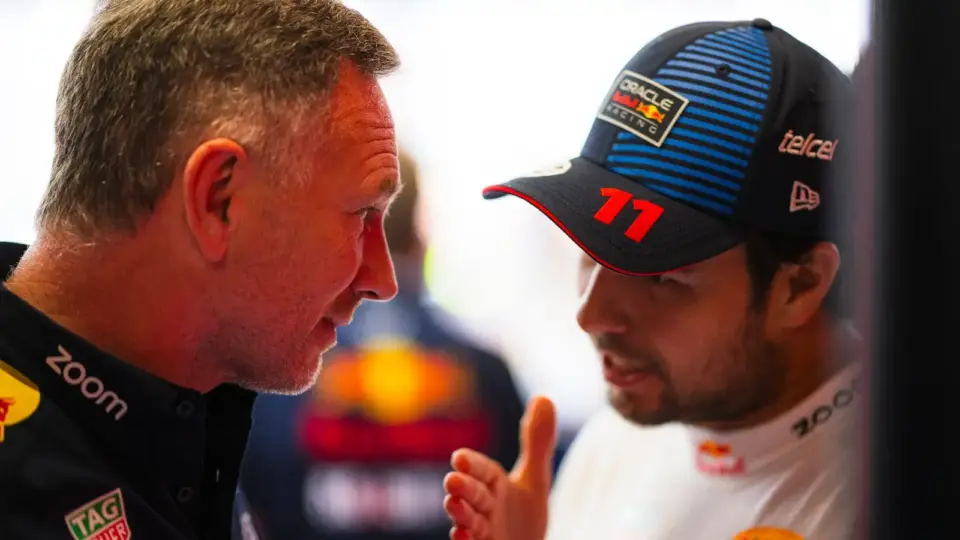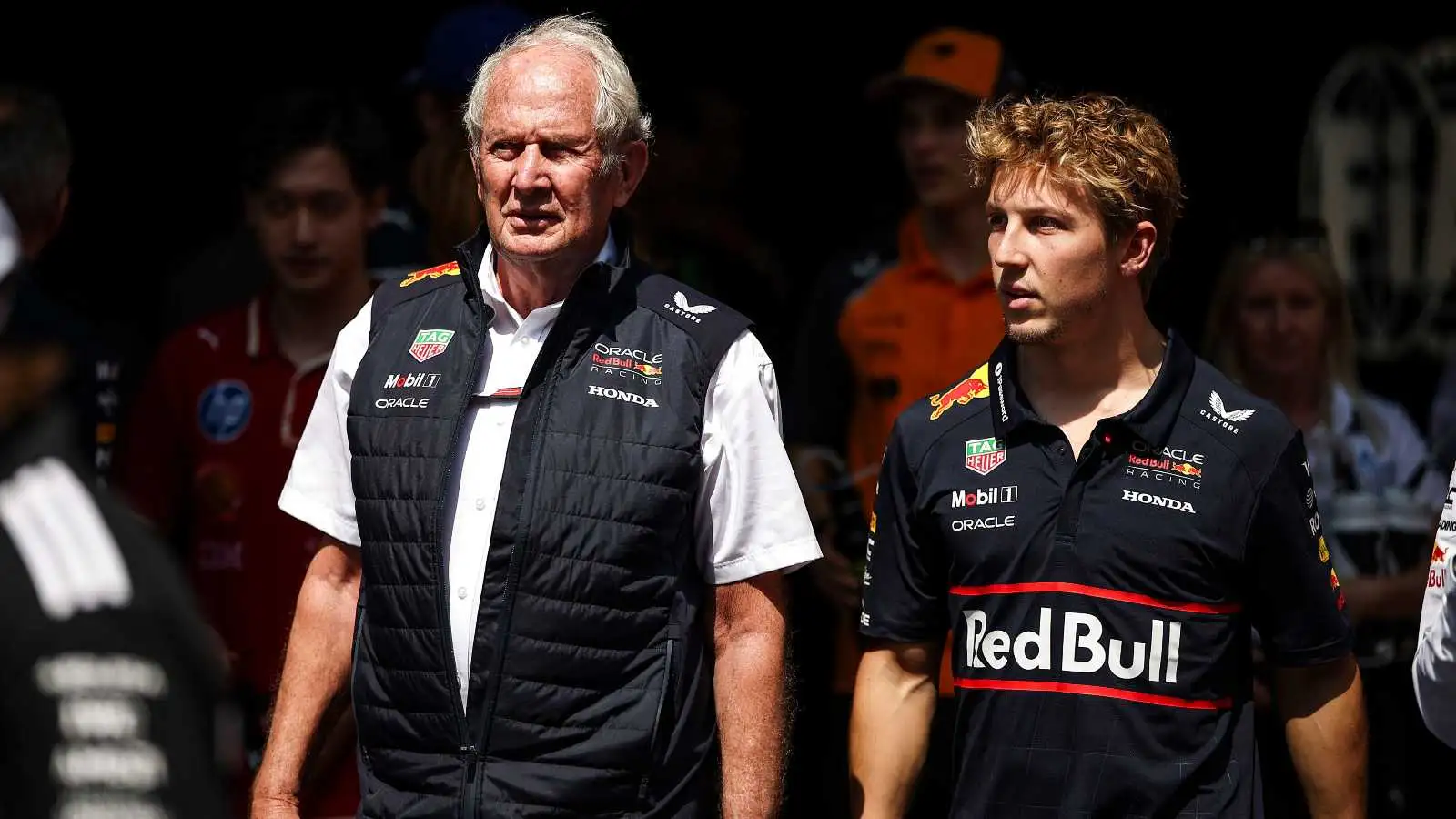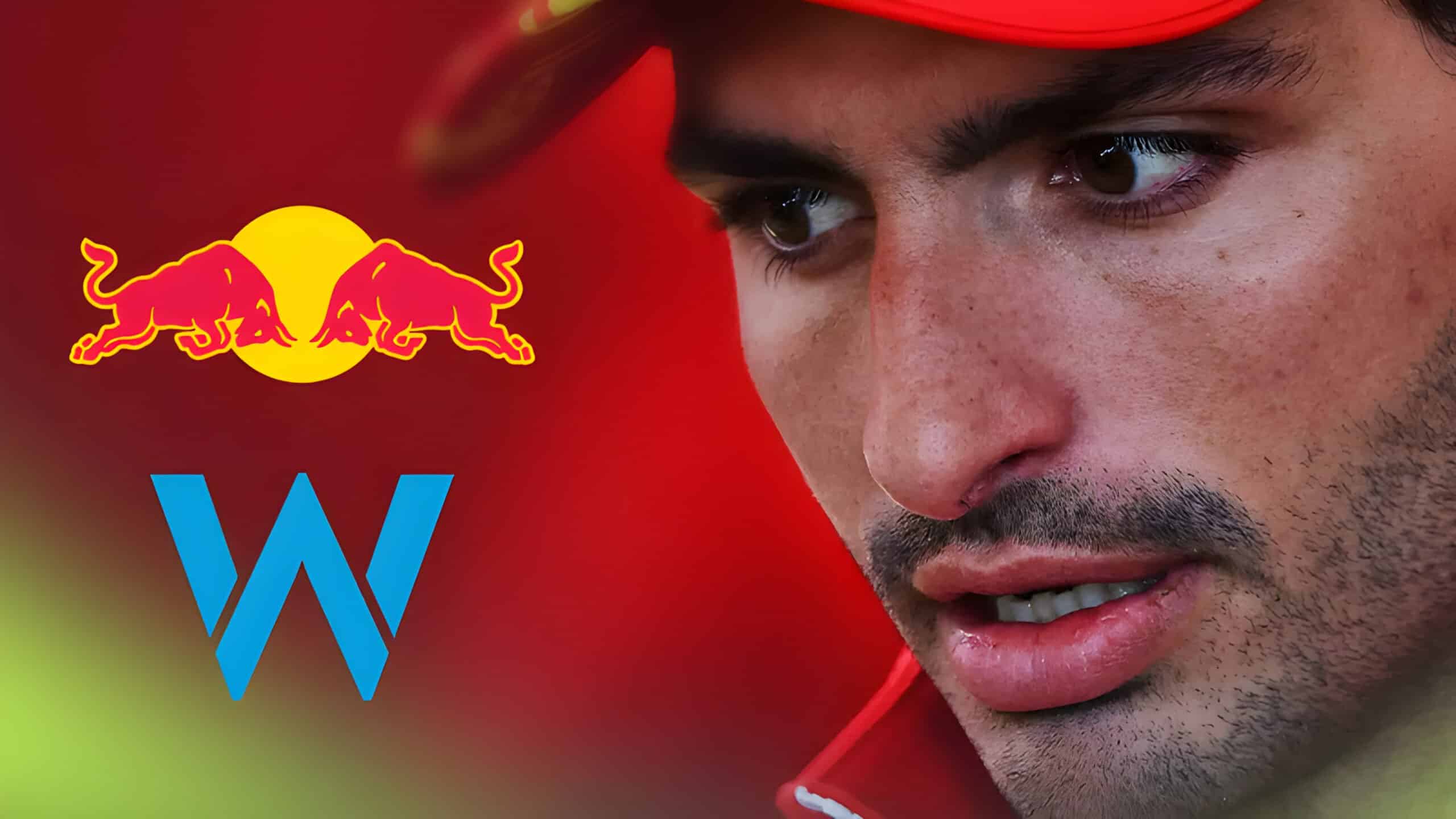The prospect of a Formula 1 wildcard system has sparked debate. Recently, teams and series bosses floated the idea at an F1 Commission meeting in London, stirring excitement among fans and insiders alike.
Imagine rookies getting a golden chance to shine on the big stage. This idea could inject fresh energy into the sport, allowing emerging talents like Andrea Kimi Antonelli and Oliver Bearman to prove their mettle. Jon Noble notes that while the concept is fantastic in theory, practicalities create obstacles. With the fierce competition and high stakes of the constructors’ championship, teams are understandably hesitant to gamble on a rookie who might make costly mistakes. Experienced drivers bring home the points, and in this high-stakes game, that’s what matters most.
James Newbold sees potential in the wildcard system, imagining crossover stories that captivate fans. Picture Jake Dennis, Red Bull’s simulator driver, getting a shot in Abu Dhabi, or IndyCar race winner Pato O’Ward joining McLaren for a weekend. These scenarios could elevate motorsport’s profile globally. Yet, Newbold acknowledges the complexities. F1’s cost cap and equipment limits make running a third car nearly impossible. To avoid disrupting the current dynamic, perhaps baby steps—like expanding rookie practice sessions—are the best way forward.
Filip Cleeren dives deeper into the issue, highlighting fan frustration if their favorite drivers are benched for wildcards. The cost cap also poses significant challenges for lower-end teams, making the wildcard system impractical. However, Cleeren supports giving rookies more opportunities, suggesting an increase in the number of mandatory rookie practice sessions. This compromise could strike a balance, offering young drivers valuable experience without overhauling the system.
F1’s history with third cars provides some context. In the mid-2000s, teams finishing fifth or lower in the constructors’ standings could run third cars in practice. This helped struggling teams financially and gave young talents like Sebastian Vettel and Robert Kubica their first big breaks. It’s clear that while the wildcard idea faces hurdles, the underlying motivation—to nurture new talent—remains relevant.
In conclusion, F1 wildcards may remain a pipe dream due to practical barriers, but the desire to see fresh talent on the grid persists. Striking a balance by gradually increasing rookie practice sessions could be a way to achieve this goal without disrupting the sport’s intricate dynamics. The debate continues, but one thing is certain: the future of F1 lies in the hands of its emerging stars.
